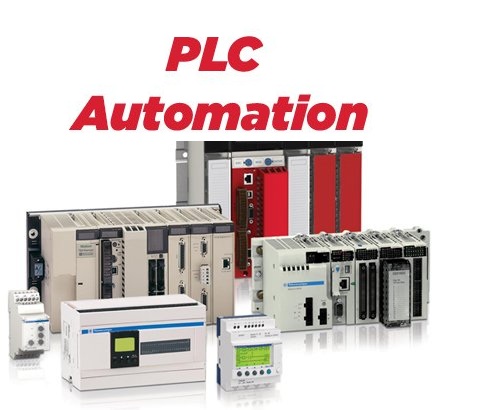
PLC Fundamentals and Automaton
What you'll learn
·
By the end of this course, you will
be able to create a PLC program from scratch.
· The primary and overall objective of this course is to give a novice an understanding of PLC programming, ladder logic,
·
Students will learn the difference
between digital and analog signals and how to bring them into a PLC, process
them, and send them back out.
·
Students will be familiarized enough
with a sufficient variety of ladder logic instructions to create a complete PLC
program from scratch.
· Students will explore basic, standard controls techniques for things like HOA control, level control, pump control,
·
Students will develop an
understanding of alarm and notification programming, and the relevant
considerations to safety and operator usability.
A summary of what will be covered:
Basic Electrical Concepts
Basic Electrical Components and how they operate
Traditional motor driving control circuits
Modern motor driving equipment
Protection components and how to choose them
Wiring and cable sizing
Sensors and their utilization in real projects
Electrical Panel Troubleshooting
Schematics drawing and design
PLC programming using Ladder Logic
PLC programming using Structured Text
PLC programming using Functional Block Diagram
PLC programming using continues flow chart
Allen Bradley - RsLogix 500, RsEmulate 500 and Rslinx Training
